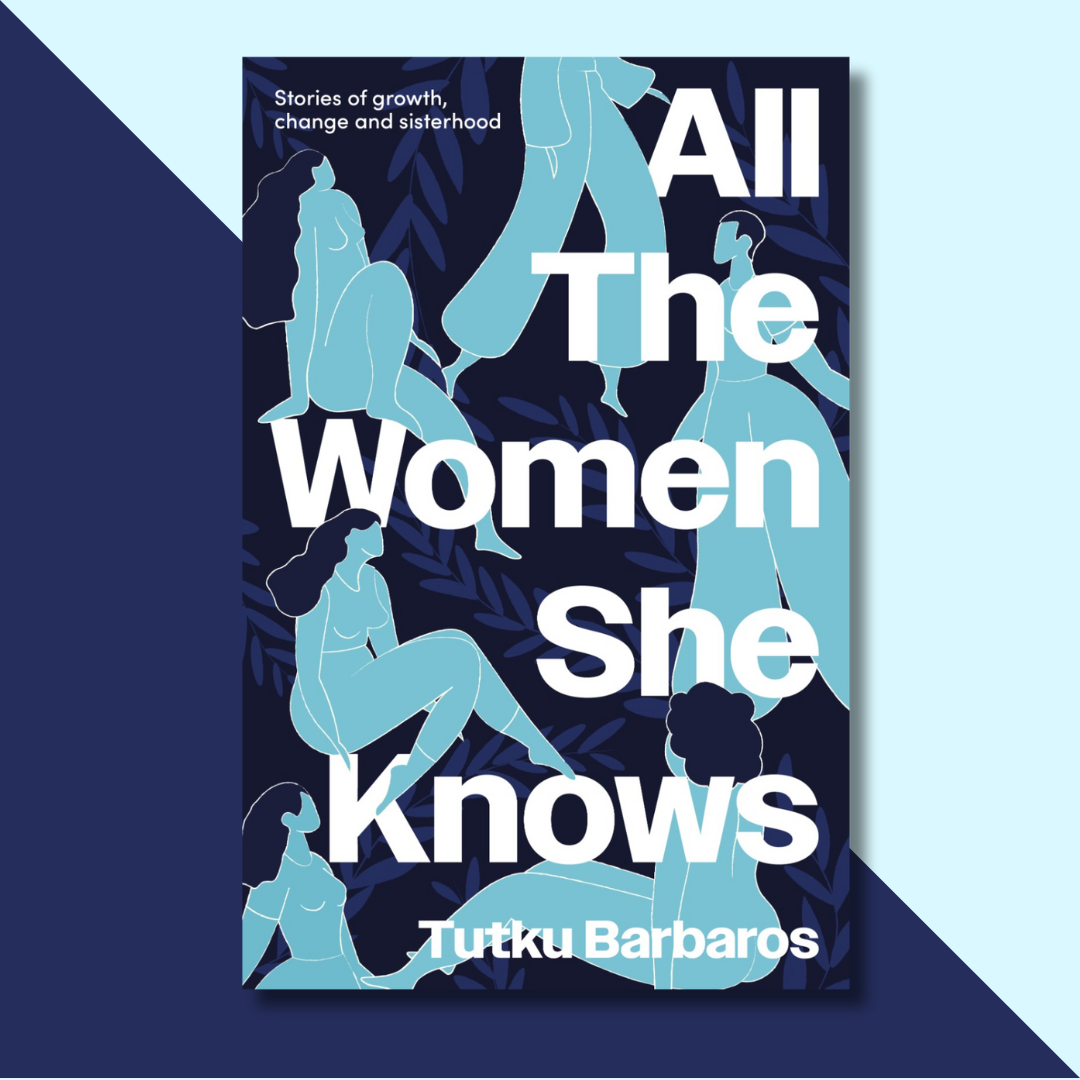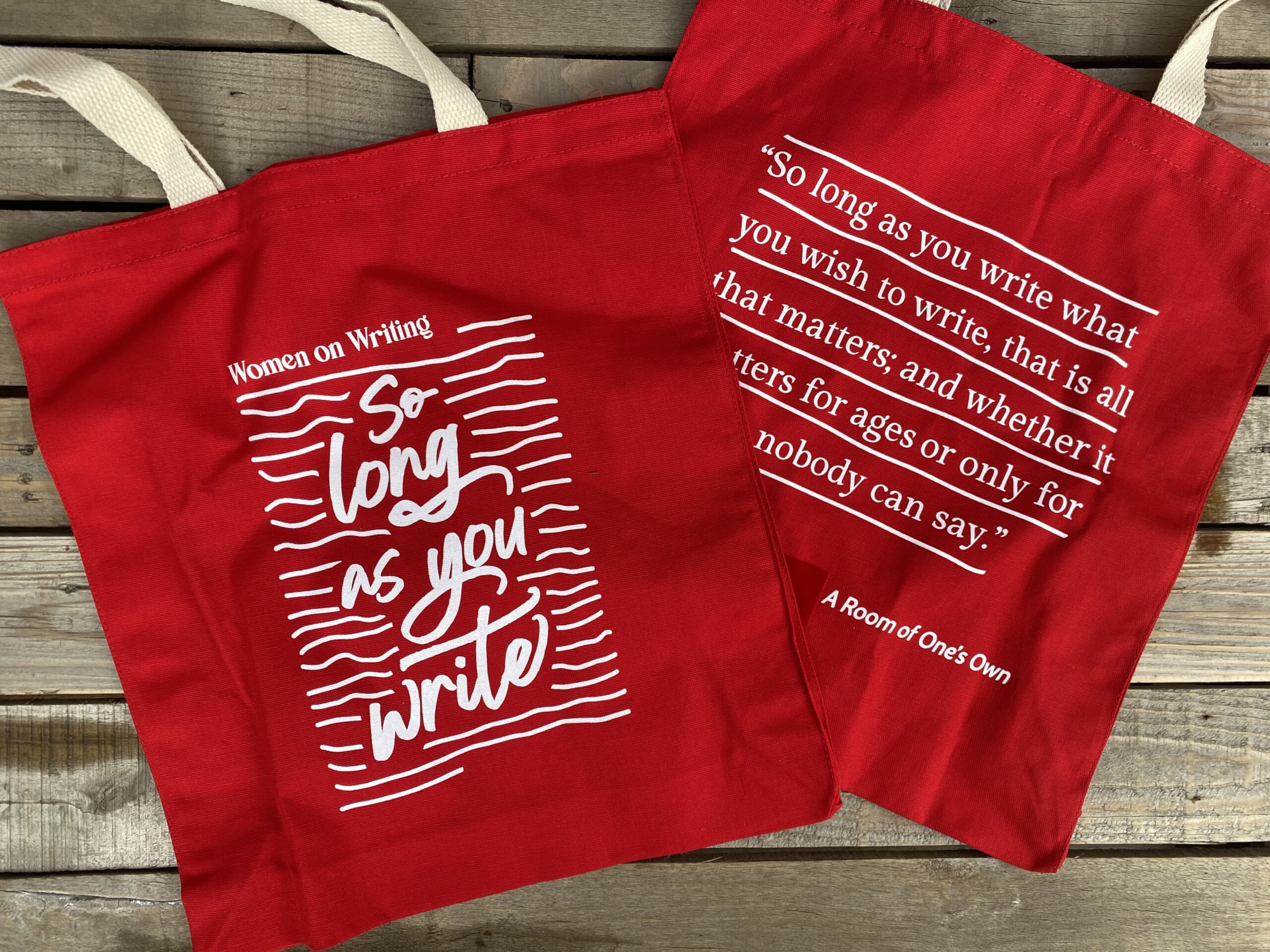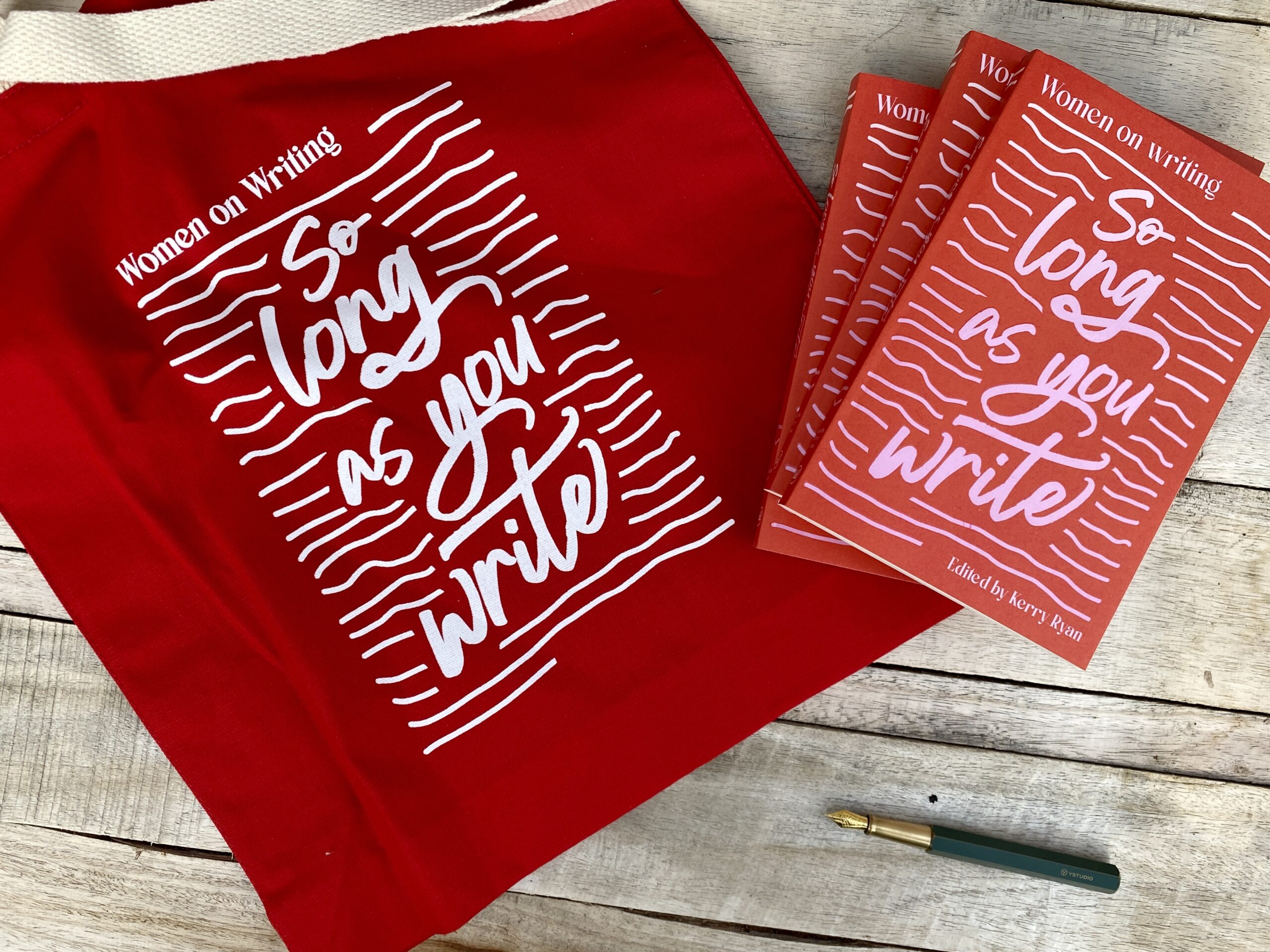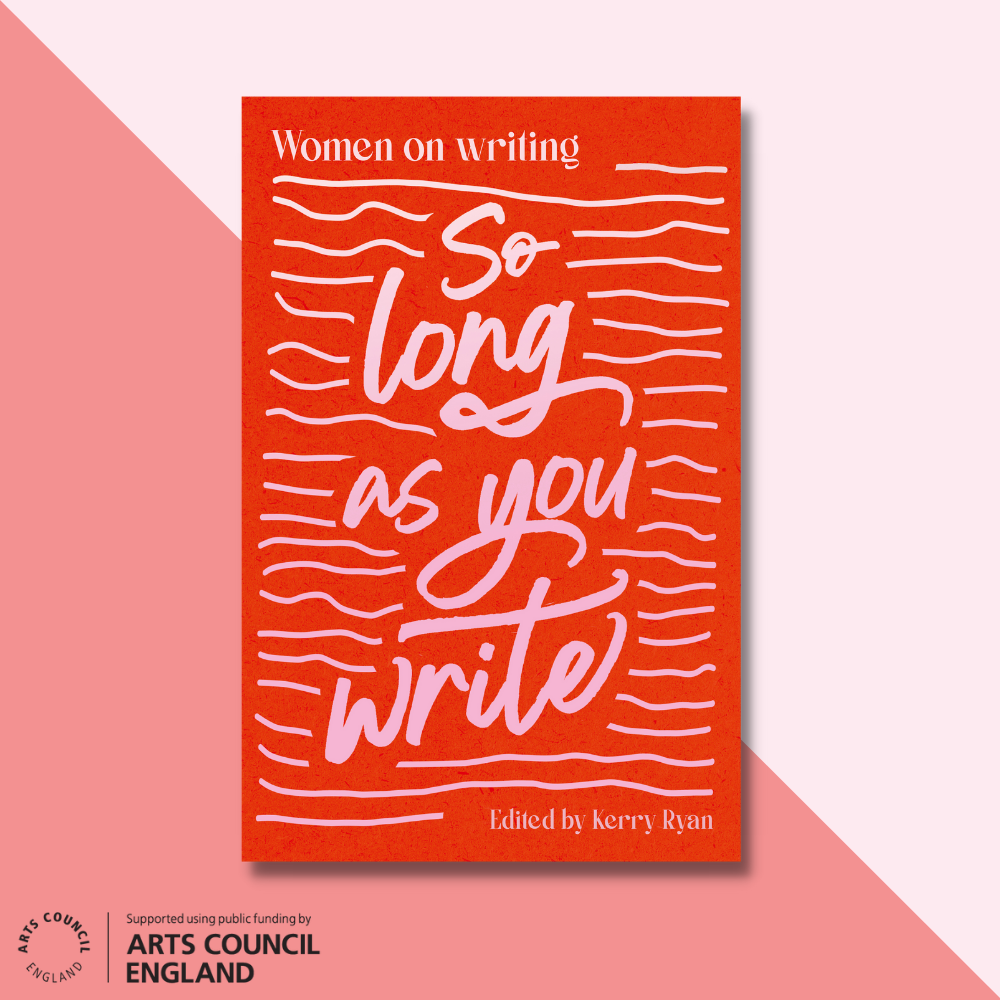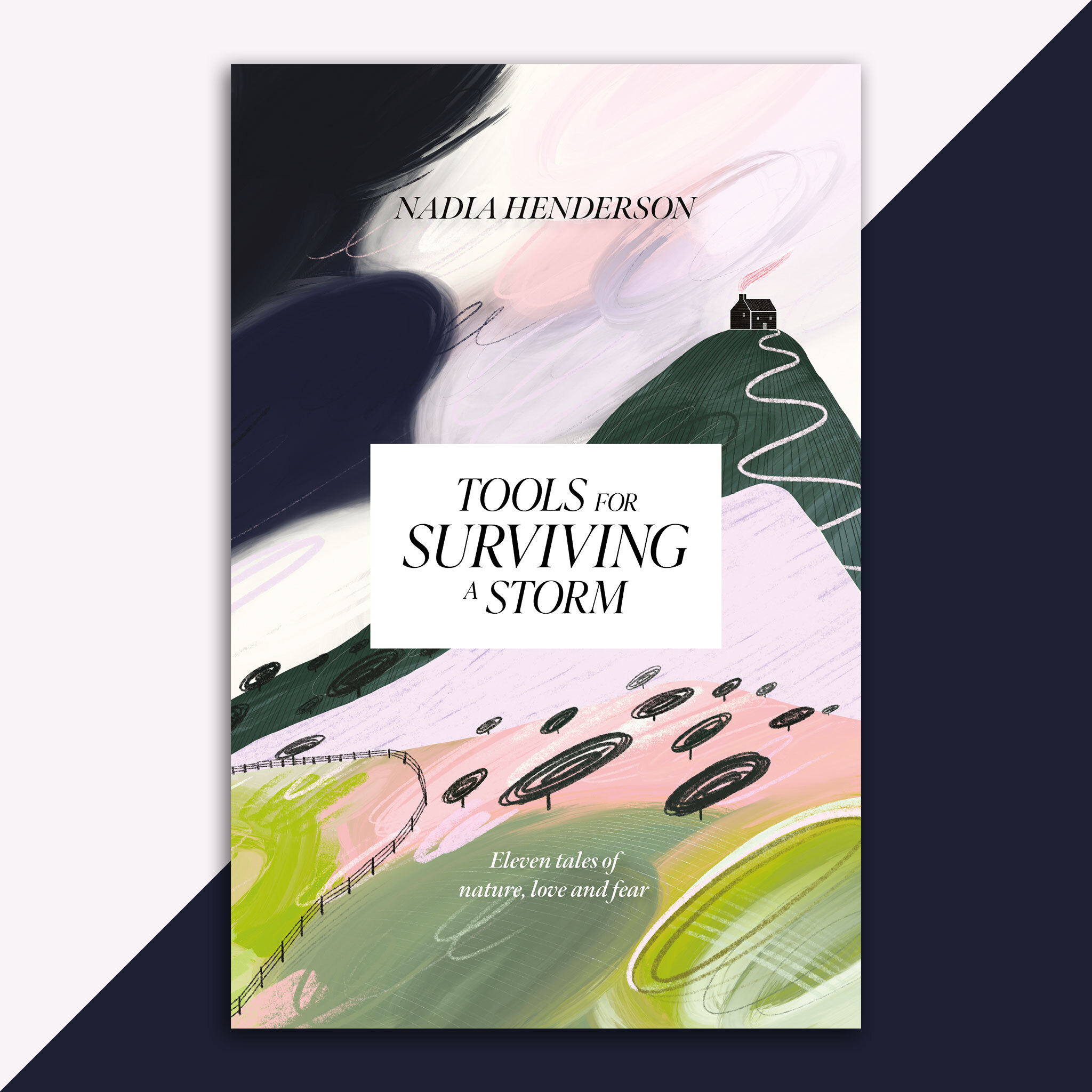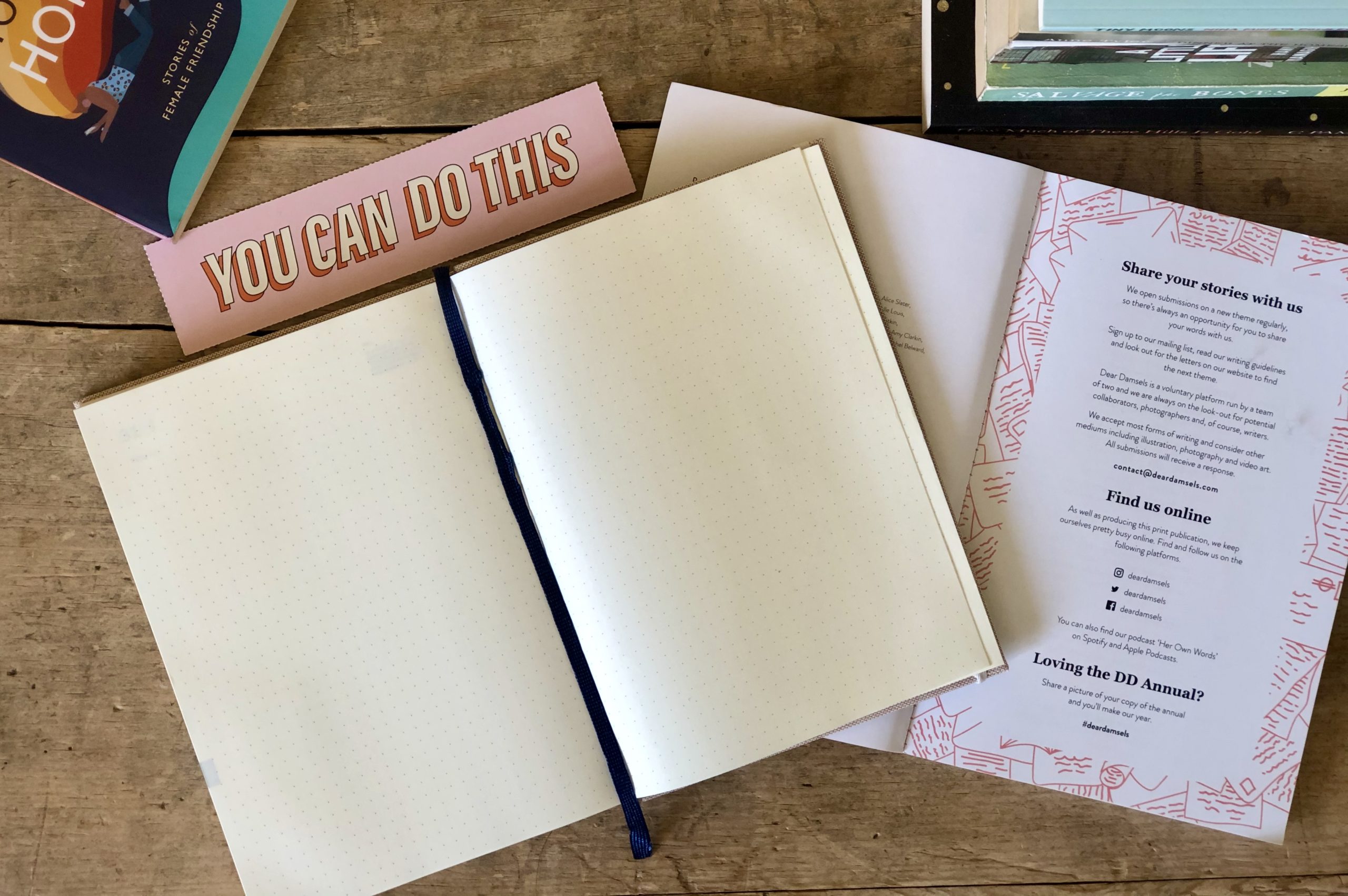LINKING OBJECTS | Lucy Goodwill on learning new ways to keep memories close and carry them with her.
by Lucy Goodwill
Their house is an overflowing treasure chest of memories. It sits on top of a hill on the north coast of Wales and, although you can’t see it clearly from the road, from its upstairs windows there’s an unblemished view of the sea. Theirs is a house made up of a multitude of rooms, hidden alcoves, piled up memories and embarrassing photographs, surrounded by a garden that seems like it might never end. A house bought with hard work, a home made with love and a place built to contain magic for generations.
‘They’ve done a great job with the photographs’, my sister tells me, offering to send me the link to the online listing. I decline. I say that I’ll look later but, in truth, I’m just not sure I’m ready to see their house next to a ‘for sale’ sign. It has been a long time coming so I shouldn’t be surprised – Grandad started a conversation about moving a year ago – but still. The longer he put it off the longer I could pretend it wouldn’t happen. It is the last place I have that connects me to my mum that feels personal enough to matter. I’m afraid of what it means not having it there.
It has been fifteen years since my mum died and still I am uncovering new layers of grief. I have never understood the idea that it works in a finite fashion. That has never been true for me. In my life, it has been a constantly evolving experience, one that can be both bittersweet and jarring, tender and yet numb. I have grown up with grief as a playmate and to this day it still surprises me when it chooses to knock on my door.
It isn’t until the house is put up for sale that I realise how much it has helped to have it there, and it takes seeing Grandad in hospital to understand the role he has played in my grief too.
We hadn’t been expecting to spend our Saturday evening on an A&E corridor but who does, I suppose. We had gone up to start organising the house after Grandad had moved out and Grandma was settled in her care home. Grandad was excited to show me his ‘new digs’ and we had great plans for getting the house as orderly as possible, only to learn upon arrival that Grandad had been taken ill the night before. My uncle, sister and I decide to go straight to the hospital and mostly I just feel sick for the entire drive.
I haven’t been able to bear hospitals since what happened with Mum. That was another unexpected A&E trip – that time for my dad – followed by a couple of days in the ICU and a trip to see her body. So much of it feels blurred now but I remember vividly the colour of the walls of our private waiting room, the absurdity of the shift of tone with every doctor we saw, feeling deeply uncomfortable with the far too jolly colours of my sock choice, and the way that the person in the hospital bed didn’t look like my mum to me at all. All the tubes and wiring. The burning chemicals in the air. The suffocating descent of all her siblings.
As my uncle pulls into the car park, I can feel my skin prickling and the panic sets in fully as we walk through the automatic doors. It doesn’t take long to find Grandad once we arrive – he has been on the same bed on the same patch of the same corridor for eighteen hours. He is slumped and only half lucid, hooked up to oxygen and struggling to breathe. We can barely understand a word he says.
We stay there for two hours, feeding him dinner, waiting until he has seen a doctor and is taken to a proper bed in a curtained bay – by which time he is as keen to see the back of us as we are. The hours have felt far longer with my anxiety lodged in my throat and the uncomfortable familiarity of feeling helpless. Seeing him so weak, a fading version of himself, makes me feel dizzy.
The doctor assures us that the issue is not concerning but simply a factor of being ninety-six and needing more care. At first I try to believe the doctor’s certainty – even though experience has taught me to be cynical – but as the weeks go by, and he goes in and out of hospital, I lose my ability to be convinced. It begins to feel inevitable that we are on the cusp of losing both him and the house at the same time.
I haven’t been the best granddaughter in the years since losing Mum but my sister and I try to visit our grandparents at least once a year, on top of an annual party. We would always stay at their house whenever we went up, knowing ‘our room’ would be reserved – so called because we are the only grandchildren ever to stay there without our parents. They were our twin beds in our special room, always reserved for ‘the two girls’ despite the presence of my nine cousins. They would tell us how we were special, for our shared memories from childhood and also because of Mum. It felt like we were their living connection with her too.
I would feel a warmth being in a space where her name would never cause tension and a photo of her was still placed front and centre in every room. I didn’t have a space like that back home after Dad remarried. Our life with her was left swiftly behind to create new space, her name and image barely even a whisper within their walls. My sister’s more distant relationship with our mum has never allowed for easy discussions either as it jars so sharply against my memories of best friendship. So, starved of connection, it was always comforting to go back to her particular corner of Wales. The fainter the memory of a person becomes, the more the concrete landmarks of that person’s life take on significance. The house that they grew up in. The house where you shared memories. The house she is still loved in. The person who loved her most.
“The fainter the memory of a person becomes, the more the concrete landmarks of that person’s life take on significance. The house that they grew up in. The house she is still loved in.”
It was only after Mum died that I realised how much of who she was had come from Grandad. The love, humour, gentleness and fierce pride. I knew for certain, no matter what happened, with my grandad around there was someone who loved and missed her precisely the way I did. Through Grandad, for me at least, a part of her lived on.
It’s strange how no one prepares you for these inexplicable inconsistencies of feeling when it comes to grief – how none of the stages I’ve lived through mirror the ones that are discussed so much. We are so focused on that one acute, immediate experience that no-one thinks to warn you about the aftershocks that carry on.
I think a part of me always knew this second wave was coming. However, that knowledge doesn’t seem to have stopped me from leaning into immediate, short term comfort instead of learning to navigate it alone. In the back of my mind the love of my life – perhaps even my children – would always have been able to visit the house, to meet my beloved grandad and feel at least partially connected to the person I would tell them so much about. It steadied me. But that person hasn’t emerged yet and that alternative way of linking them is slipping away.
It feels like as her daughter it is up to me to continue her legacy but I don’t know how.
The more lost I begin to feel, the more I become desperate to rediscover solid ground. I have never heard anyone talk about this aspect of grief before, but it seems impossible – in a world of billions – that I could be alone. I turn to the internet to try to find other stories like mine, but as far as I can see there are none out there. What I do find, however, is the concept of ‘linking objects’. I didn’t anticipate the solace I needed coming in the form of neuroscience.
Linking objects is a term used to describe the physical items, actions, or spaces that connect us to someone who has died. Apparently, by selecting these for ourselves, we are better able to acknowledge our loss and to maintain a feeling of connection. Everyone will go about their selection differently – there is no right or wrong answer – it’s what works on an emotional level for the person grieving. I wonder how it’s possible I’ve never heard of this before.
In recognising the phenomenon, for the first time in a year I am able to relax into my feelings, knowing that the way I’ve been coping – and the way I’m feeling now – is normal. I begin to let go of the shame I was holding about having not grieved ‘properly’ and, as the house sale looms, it gives me power too. I have a framework to refocus and create new bonds – it turns out all is not lost, it’s simply changing.
I begin to write a list of all of the things I could do to feel connected to her and to carry on her memory, even for those who never knew her. I begin to imagine trips to Colwyn Bay with my future family, retracing with them the steps she once took with me. I pick out the recipes and rituals I could try to recreate – using her old recipe books to show others the love and care she once showed me. I note down the prized possessions I have always coveted, from her collection of David Bowie tapes to one of her favourite dresses. Slowly, I start to feel anchored again.
More than anything I begin to see how it isn’t just through objects, rituals or places that I can keep her close but through who I am. I inherited my kindness, which I use daily, from being her daughter. I learned what strength and resilience looked like through watching the grace with which she tackled her problems. She instilled in me a love of stories and encouraged me in my dreams of writing.
Slowly, after fifteen years, I am teaching myself that she won’t vanish simply because there’s nothing left of her to hold.
The last time I go to the house I feel heavy, but better than expected, as we crawl up the steep incline of the drive. We are picking up some of Grandad’s things to take back to his new care home – after another stint in hospital he has moved again. We take our time packing boxes of family photographs and beloved knick-knacks. The buyers have agreed to take anything left in the house once the sale is approved so we must be sure to pick up everything he asked for.
When it comes time to leave, I decide to take one last walk around alone. I pause in every room to try to hold it in my memory, imagining each one still as full of life as when we were all here. The old service bells on the walls. The chaotic mix of wallpapers. Grandma’s rocking chair.
I take a little longer in front of the window in Mum’s old bedroom, our room, taking one last mental picture of the view. I leave my sister by the car as I do a final circuit of the garden, winding round until I reach the stained glass front door on the verandah. I place one palm against the cool surface and say thank you. The wind turbines in the distance blur a little.
Their house is an overflowing treasure chest of memories and I’ll continue to carry them with me for us both.
Lucy Goodwill | @lucygoodwill | Instagram: @lucy.goodwill
Lucy Goodwill is a writer, artist and charity worker based in London. Her writing consists primarily of creative non-fiction, on subjects such a chronic illness and grief, and she is currently working on her first novel.
